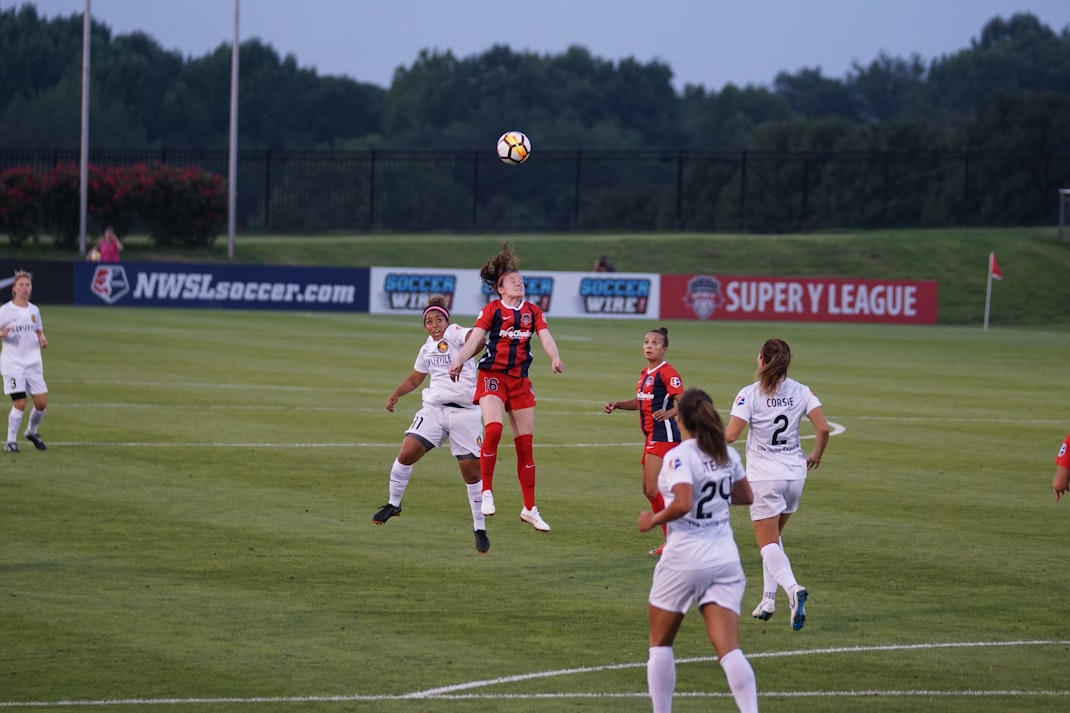Football is not only a game that captivates millions of fans around the globe but also a sport that holds significant benefits for mental health, particularly in slowing the progression of Alzheimer's disease. This article explores the potential cognitive and physical advantages of playing football, backed by student research and insights from the academic community.
The Connection Between Physical Activity and Alzheimer's Disease
Alzheimer's disease is a progressive neurological disorder that causes the brain to shrink (atrophy) and brain cells to die. It is the most common cause of dementia — a continuous decline in thinking, behavioral, and social skills that disrupts a person's ability to function independently.
Young people, especially students, can transform how disease is regarded and managed. College Alzheimer's disease education raises awareness and equips students to make a difference in study, caregiving, and advocacy. Writing essays about Alzheimer's helps students understand it. They investigate causes, treatments, and social impacts. Accessing Alzheimer's disease essay samples can provide invaluable insights and inspiration, guiding students in crafting informed discussions and solutions to address this pressing global health challenge. Through education and discourse, young minds can play a pivotal role in advancing understanding, prevention, and compassionate care for individuals affected by Alzheimer's disease.
How Physical Activity Helps
Numerous studies have shown that regular physical activity can reduce the risk of developing disease. Exercise helps to maintain blood flow to the brain and encourages new brain cells' growth. It also acts as a stress reliever, which can help to prevent the onset symptoms.
The Specific Benefits of Playing Football
Football combines cardiovascular, coordination, and strength training all in one sport, which can significantly benefit those trying to fend off Alzheimer's. Here’s how:
Football requires constant movement, which helps to improve heart and lung function, increasing blood flow to the brain. This increased blood flow can help to nourish brain cells and promote the growth of new neurons, potentially delaying the onset of symptoms.
Enhanced Coordination and Agility
Playing football also improves coordination and agility, which can help older adults maintain balance and prevent falls. This is crucial because head injuries from falls can lead to cognitive decline and increased Alzheimer's risk.
Cognitive Engagement
Football is not only physically demanding but also requires strategic thinking and teamwork. This cognitive engagement is crucial in maintaining brain health and can potentially slow the progression by keeping the mind active.
Insights From Student-Led Research
Case Studies and Experiments
Students in sports sciences have conducted various case studies and experiments that show the positive effects of playing football on cognitive functions. For example, a study by university students found that individuals over the age of 50 who played football regularly had better memory function than those who did not.
The Role of Team Sports
These research projects often highlight that team sports like football offer social benefits that solo exercise routines might not. The camaraderie and sense of community found in team sports can lead to improved mental health and a support network that can help alleviate symptoms of depression and anxiety often found in Alzheimer's patients.
Practical Applications
For those at risk of Alzheimer's or already experiencing early symptoms, incorporating football into daily life could be a beneficial strategy. This might involve joining a local senior team or participating in casual weekend games.
Safety Considerations
It's important to consider safety, especially for older adults. Using proper gear and choosing non-contact versions of the game can help reduce the risk of injury.
Conclusion
While no sport can completely prevent disease, football offers a compelling mix of physical and cognitive benefits that can significantly slow its progression. Through engaging in regular play, individuals can enhance their mental and physical health, possibly extending their years of independent living. Football is not just a game; in this context, it could be a lifeline.

















